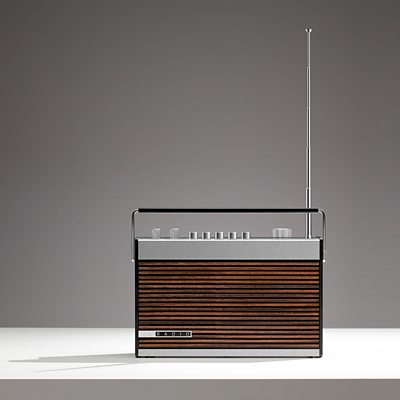Episode details

Available for over a year
Eloise Garland explains how and why radio documentary Listening Without Ears has been subtitled. Full transcript of interview: ELOISE GARLAND: This particular subtitled radio it’s basically just a black screen. It’s an MP4 file I think, just a video file and just words popping up on the screen – so everything that I’m saying, everything that everybody else is saying, obviously it just has Eloise, colon, and then my words. And then for some background noises – so obviously when I was getting the sound massage at the beginning – has descriptive words like “sawing”, which sounds absolutely terrifying if you’re reading it you’re thinking what on earth is going on? And are her legs being chopped off or something? [Rhianna and Eloise laugh] So yeah, it’s just a simple video like that but it makes it a lot easier for people who can listen to a lot of it but, as I say, can’t understand the speech. RHIANNA DHILLON: Can you get more out of it than just reading the words as if it’s just a transcript? ELOISE: Oh yes, you can get a lot more out of it. Because it’s the rhythm, it matches up with the rhythm of the words. It matches up with where the sounds are. You know, as I say, if one of my friends, who is hard of hearing listens along to it and reads the subtitles as well they’re really getting that full experience: “Oh, Eloise is saying that at this point. Tarek’s saying that at this point.” And it really comes together a lot more. It’s both the sight and the sound that is really important I think. RHIANNA DHILLON: So do you think there is an assumption that radio just isn’t made for the deaf community? ELOISE: There is an assumption, yes. It isn’t made for the deaf community – it’s never been accessible to the deaf community before. And I think it’s really important that that changes in some way. This is definitely, you know, the first step in changing that. Especially, as I say, for the hard of hearing community. Older people who might’ve listened to radio for many, many years, and have gradually lost their hearing to a point where they can’t understand it very much now, this could really help them to get back into things like Radio 4, which is mainly dialogue.
Programme Website